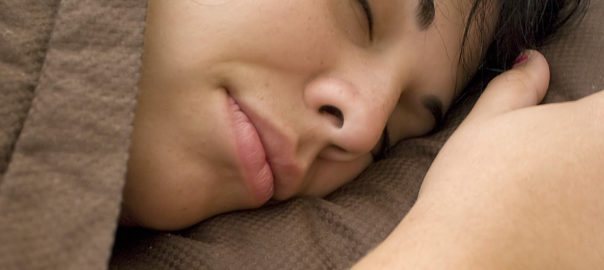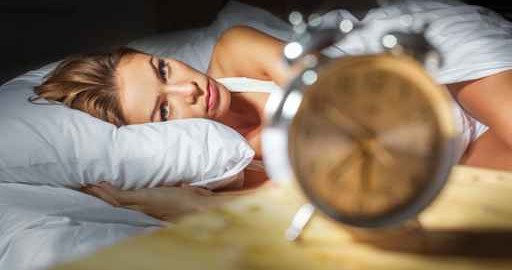Every January, there is a fervent anticipation of fresh starts, renewed goals and inspired resolutions. For some, these aspirations are quite ambitious, including debt reduction, relationship health and, of course, weight loss. But as the stress and busyness of our culture continue to intensify (thanks in part to our 24/7 device possession), many of us have one simple plea in the new year: “I just want to sleep better!”
Insomnia is a monster that takes on diverse manifestations to steal the restorative rest the body requires. For some, sleep disorders involve difficulty falling asleep. Other people awaken frequently through the night or wake up hours before their alarm sounds. Regardless of what form your insomnia takes, the negative effects are the same:
- Daytime fatigue
- Irritability
- Difficulty concentrating/remembering
- Tension headaches
There are also many different potential causes for sleep disorders, including stress, medical conditions, excessive computer work, hormones/menopause, and medication side effects. Sometimes, eating too much or using excessive alcohol, caffeine or nicotine can rob you of sufficient rest. However, up to 50 percent of insomnia cases have no identifiable cause at all.
As you sit on the couch watching primetime TV (and woefully anticipate the trek up to your bedroom), you’ll probably see at least a couple ads for prescription medications to help you achieve the sleep you crave. But as the images of peacefully sleeping actors entice you to consider this option, the announcer lists all the possible side effects…and you start pining for another way.
Acupuncture & Sleep Disorders
There are myriad options available for insomnia treatment. The pharmaceutical approach, with varying classes of sedatives, is definitely a path many people take. Dietary supplements, homeopathic remedies and herbs also offer relief, with varying success rates, to those suffering from sleep troubles.
But when you’re just plain tired of being tired, there is a natural sleep remedy that has a reported 90 percent success rate for safely treating insomnia: acupuncture. Acupuncture is one of the most ancient healing practices in the world and has been proven to effectively treat many chronic medical conditions and alleviate a wide array of symptoms. The popularity of acupuncture in the U.S. has steadily grown since the 1970s, primarily because it works. However, mounting research is confirming the benefits of acupuncture, and it is gaining the support of Western medical practitioners.
Acupuncture works to regulate the body’s overall health systems by inserting needles at specific points on the body. (Don’t let that “n-word” scare you, these are super-fine needles, involving almost nonexistent pain and risk.) During an acupuncture treatment for insomnia, the brain is given complex signals with the specific placement of the needles, triggering the release of serotonin and other brain chemicals that promote restful sleep. The frequency and number of acupuncture treatments for insomnia vary, but many individuals report dramatic relief with just a single session.
To enhance the beneficial effects of acupuncture, there are some simple lifestyle actions you can take to improve your sleep:
- Stick to a consistent wake and sleep schedule.
- Stay active/get daily exercise (which has numerous other health benefits too!).
- Avoid watching TV, working or using screened devices in bed – use your bed only for sleep and sex.
- Limit caffeine (especially after noon) and alcohol, and avoid nicotine.
- Go to bed when you’re sleepy.
- Don’t try too hard to sleep. If you’re lying awake more than 20 minutes, go into another room and read until you feel sleepy.
By February, most people will have thrown their New Year’s resolutions out the window. “Next year,” they’ll say. But when it comes to the goal of reclaiming your sleep, there’s simply too much at stake – your daily functioning, your health, your peace. You can conquer insomnia, so make this your year to accomplish that resolution of better sleep.
Treatment for Sleep Disorders at Acupuncture Balanced Health
Acupuncture Balanced Health offers individualized treatment plans for many types of health issues, including insomnia. Our accomplished providers have decades of experience treating chronic medical conditions with an expertise that combines traditional Chinese medicine with a conventional Western approach. If you’ve been suffering from insomnia or other sleep disorders and want an effective treatment with minimal risk or side effects, contact us today to make your resolution for better sleep a reality.



